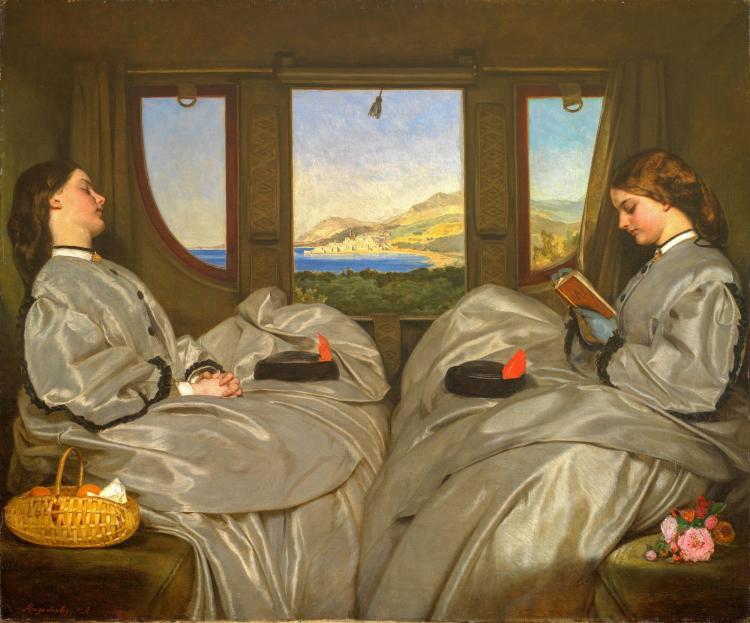Spring is just beginning in Alaska, the thaw has started, and Kate Shugak is spring-cleaning after the long winter. Twenty miles away a mass murderer sets out on a killing spree and by the time he has finished nine people lie, shot dead, in the snow. His insanity, for that's what it is, shocks the entire local population but more shocks are to come. Ballistics reveal that one of the dead, Lisa Getty, was killed by a bullet that was different to the rest. The mass murderer did not kill Lisa, someone else did.
Having narrowly escaped being killed by the killer herself and being the one to eventually capture him, Kate feels this personally. She's a resident of the state park and thus the perfect person to investigate Lisa's murder, albeit rather reluctantly.
The big problem is that rather a lot of people had reason to do away with Lisa. She had slept with so many married or attached men that most of the women in the park are not at all upset about her death. It also turns out that Lisa was involved in some shady dealings and may have been killed in connection with those. It's a can of worms. When someone tries to kill Kate herself, and another body turns up, things turn even more ugly and it's a race against time to bring the culprit to justice or he/she could well escape forever.
Well, well, who'd have thought that my thinking on this series would have undergone such a radical transformation. I'd didn't dislike the first book at all, I was just a bit 'meh' about it, as Americans would say. But this was a different matter entirely, a truly excellent read. In truth, I whizzed through it, quite unable to put it down.
Of course it did no harm at all that it was set in the state of Alaska. I'm so fascinated by that place that I'll watch any documentary about it (Ben Fogle was there a few weeks back) or read anything set there. And Alaska is so beautifully portrayed in this book... unsurprisingly as I believe the author is from the state. A long scene towards the end appealed greatly to my love of mountains too and I thought that bit in particular was very well written and put over. It certainly thrilled my mountain-loving little heart. To be honest the whole book was beautifully written. This quote particularly struck me:
There is nothing tentative or uncertain about the coming of spring in the Arctic; it does not creep in unannounced. It marches in at the head of an invading army, all flags flying, brass band playing, soldiers at present arms and knee-deep in ticker tape and cheers.
I also the enjoyed the murder mystery aspect of the story. I had some idea of who had done the deed but wasn't sure. There were quite a few different characters who could've done it, all quirky and so well described that I found most of them easy to picture. Kate herself is an excellent main 'detective' character. Her Indian heritage makes for some fascinating insights and scenes that wouldn't appear in your run of the mill detective yarn! I like the romantic aspect, which never overwhelms the plot but fits in nicely, and am wondering where that's going... nowhere obvious I suspect.
It won't take a genius to guess that I now plan to read on in this series. Book 3, Dead in the Water, is already on my library pile (along with 10 other 'must read' books) and I honestly can't wait to read it.








